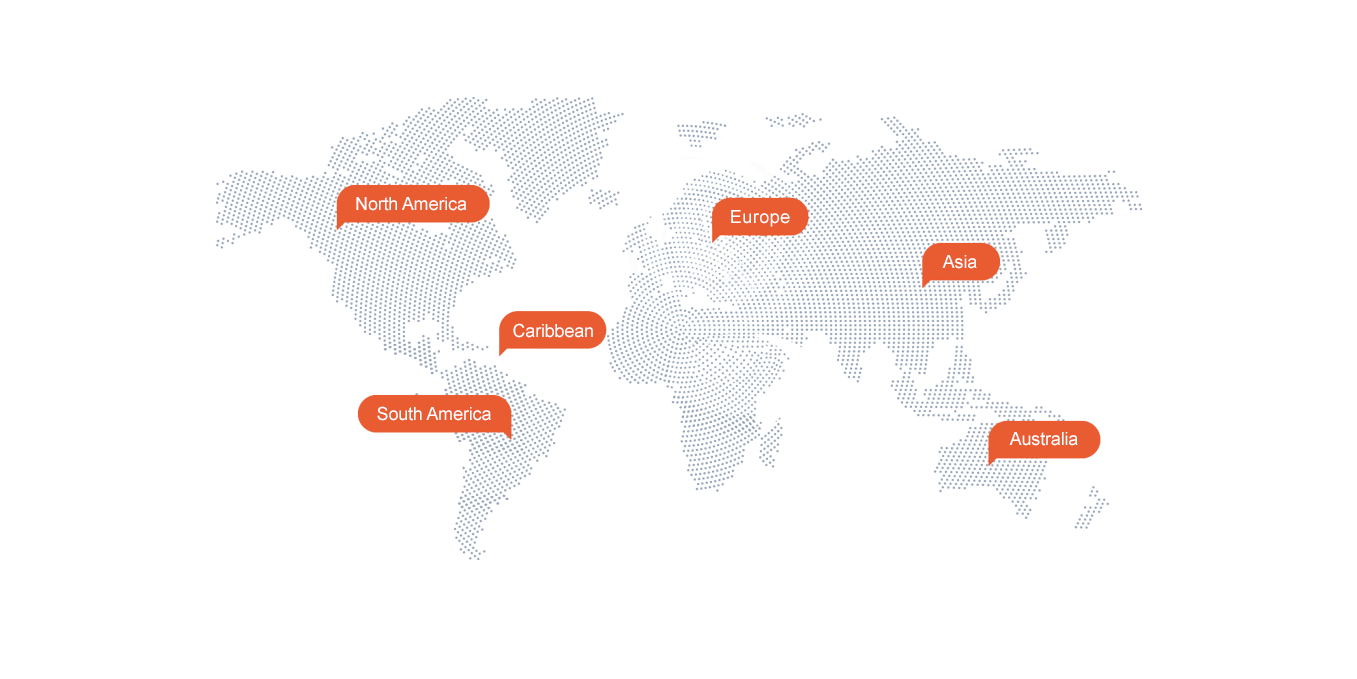Formed in October 2016, the Judicial Insolvency Network (“JIN”) is a network of insolvency judges from across the world. It serves as a platform for sustained and continuous engagement for the furtherance of the following objectives:
Members and Observers of the Judicial Insolvency Network

Judges from Australia (Federal Court and New South Wales), Bermuda, the British Virgin Islands, Canada (Ontario), the Cayman Islands, England & Wales, Singapore and the United States of America (Delaware and Southern District of New York), as well as a judge from Hong Kong SAR, who joined as an observer, participated in the inaugural conference of the Judicial Insolvency Network (“JIN”) which was held on 10 and 11 October 2016 in Singapore. The conference, which was hosted by the Supreme Court of Singapore, concluded with the issuance of a set of guidelines for court-to-court communication and cooperation titled “Guidelines for Communication and Cooperation between Courts in Cross-Border Insolvency Matters”, also known as the JIN Guidelines. The courts of most of these jurisdictions have adopted the JIN Guidelines. For a list of courts which have adopted the JIN Guidelines to date, please see Initiatives.
Since the inaugural conference in October 2016, the JIN has expanded to include judges from the following:
(a) The US Bankruptcy Court for the Southern District of Florida
(b) The National Commercial Court of Argentina
(c) The Sao Paolo State Court of Justice, First Bankruptcy Court of Sao Paolo, Brazil
(d) The Seoul Bankruptcy Court
(e) The US Bankruptcy Court for the Southern District of Texas (as an observer)
(f) The Tokyo District Court (as an observer)
(g) The Supreme Court of Japan (as an observer)



